There are no funding opportunities available at this time. Sign up to our newsletter to hear about new opportunities when they launch.
How Digital Supply Chain Hub Works
Digital Supply Chain Hub For You
Practices & Capabilities
The DSCH site is in launch phase and we are inviting individual and business leaders, pioneers and influencers to join our founding community. We are also populating the site with intelligence and resources and formalising partnerships with industry bodies and events.
If you have any suggestions or feedback, please click the red tab to the bottom right of your screen. If you would like to contact our team, please email us at info@commonobjective.co
DSCH is, in essence, a matching engine. When you join, the site asks you to enter information about yourself, your skills and what you are looking for, so that it can match you with relevant information, people, and organisations that can help you to achieve your goals. Members join as individuals first, then have the opportunity to set up one or more business profiles.
Business profiles are weighted on DSCH. If your business is operating to high ethical, sustainability, and quality standards, you will come up higher in searches, and therefore your business will gain more profile on the site.
You can join DSCH, set up individual and business profiles, and start to get matches, completely free of charge. You will then have the opportunity to upgrade to premium membership, which will allow you to access more content, do more with your profile, and make more connections.
The information you provide when creating your individual and/or business profiles on DSCH allows the site to find relevant matches for you. You’ll be matched with people, organisations, and content through your own personalised dashboard - and your preferences can be edited at any time. The more information you enter, and the more complete your profile, the better your matches will be.
DSCH weights business profiles based on merit, taking into account three factors:
Therefore there are three ways you can increase the search ranking for your business profile:
Read more about how DSCH rewards sustainable business practices here.
DSCH profiles for individuals and businesses are designed to set out the key information you need, including experience, products and services and sustainability - so you can connect with the right people.
As well as being matched, you can do a detailed search, and get straight to what you need. Uploading great imagery and keeping text short and succinct will increase the success of your profile. You can edit or add to your individual or business profile/s at any time. Click on the black question marks for guidance and resources throughout.
We aim to offer practical, solutions focused resources that help our members to do business better. We are continually adding new intelligence, resources and tools to the site, in collaboration with partners. Is there a resource or tool that you would find helpful on DSCH? Email us to let us know.
Fashion is one of the world’s most polluting industries, and millions of garment workers face risk and live in poverty. Yet when fashion business is done well, it can be transformative for the people behind the product, and for their environment.
At DSCH, we’re inspired by the potential for great business to drive value for all. Sustainability to us means generating value in three dimensions (3D) - the “triple bottom line” - in which people, planet and profits are considered equally fundamental to business success.
The DSCH platform turns doing business better into an opportunity, rather than a cost. We support and reward our members for better practices. We want to make it easy for businesses everywhere to operate in 3D.
1. Profile
By demonstrating sustainability commitments on your business profile, you stand to gain increased visibility on the site, and make more connections with potential customers.
2. Awards
Both individuals and businesses that show leadership in furthering sustainability in the fashion industry are eligible for the DSCH leadership awards. These increase profile and search rankings for their recipients.
We are not an auditor or certifier – rather we focus on transparency. Our goal is to empower all of our users to make the best choices for their business.
However, we do:
A number of brilliant organisations and initiatives have created or are creating solutions to benchmark, measure, and communicate sustainability standards in the fashion industry. Our approach is to build win - win partnerships that will allow us to collaborate towards the Digital Supply Chain Hub of a better fashion industry, rather than re-inventing the wheel.
The DSCH site is in launch phase and we are inviting individual and business leaders, pioneers and influencers to join our founding community. We are also populating the site with intelligence and resources and formalising partnerships with industry bodies and events.
If you have any suggestions or feedback, please click the red tab to the bottom right of your screen. If you would like to contact our team, please email us at community@digicatapult.org.uk
If you are working in or with the fashion industry, or are interested in doing so, DSCH is for you. The site is designed to help you to connect with the right people - from suppliers, to buyers, to experts, to team members, who will help you to achieve your goals. If you want to grow your knowledge or expertise, stay up to speed on latest innovation, get your products right, or build efficient and sustainable supply chains, DSCH is here to help you. See Make DSCH work for you, below, for more information relevant to industry roles.
Join DSCH within our first year and you / your business will always be recognised as one of our Founding Members. Sign up in a matter of minutes.
You can join DSCH, set up individual and business profiles, and start to get matches, completely free of charge. You will then have the opportunity to upgrade to premium membership, which will allow you to access more content, do more with your profile, and make more connections. See our premium packages.
DSCH is free to join and open to individual and business members from all over the world. DSCH matches you with information and connections tailored to your needs, so you don’t have to search. And the site helps you to work in the most sustainable way, rewarding you for doing so.
Our strategy on DSCH is to offer practical, solutions focused resources that help our members to do business better. There are a number of other organisations developing resources that will help our users - rather than duplicating their efforts we seek to build partnerships. If your organisation would be interested in collaborating on content, or if you are interested in contributing content to DSCH, email us.
Any business can have a profile on DSCH, no matter where they are on their ethical/sustainability journey. However, a business profile will not go live on the site until certain fields relating to sustainability are completed - this is to ensure transparency of business practices. The site offers support and guidance related to sustainability. The more sustainable your businesss is, the higher your search rankings will be, and the more profile you will gain. On DSCH, it is to your advantage to operate in the most sustainable way.
DSCH is an abbreviation of “Digital Supply Chain Hub”. DSCH matches people with shared goals - Digital Supply Chain Hubs - so that they can buy, sell, grow, and prosper. DSCH is also shorthand for Company. We are a platform for businesses everywhere - wherever they are on their sustainability journey. All business has a Digital Supply Chain Hub - to generate financial returns and prosper. All society has a Digital Supply Chain Hub - to maintain a global environment in which we can prosper. DSCH aims to deliver on the Digital Supply Chain Hub of all business - whilst safeguarding the Digital Supply Chain Hub of society as a whole.
If you are selling products or services in the fashion industry, DSCH will help you to find and connect with the right customers. Present your offer in the way buyers need to see it, and get matched with people who are seeking what you do. Our intelligence and learning will also help you to understand market opportunities, stay on top of latest innovation, and make the right sustainability choices for your business.
DSCH will help you to build sustainable supply chains. Use DSCH to find suppliers and products that meet your needs, when you need them. For designers and SME brands, DSCH will help you to get your products right, present them to buyers, and grow your sales base. For established brands and retailers, DSCH will support your sourcing, design, technical and CSR teams with tailored information to their inboxes, responding to their needs.
Collaboration is a core value for DSCH. If you are an organisaton, certifier, or industry body and you are offering services that could add value to our members, we are interested in working with you. We believe that we will increase our joint impact towards the Digital Supply Chain Hub of building a better fashion industry, through building win-win partnerships. If you are interested in partnering with DSCH, email us.
Use DSCH to develop your expertise, stay on top of latest innovation, and get the inside story on how industry leaders are succeeding in fashion in 3D (3 dimensions - people, planet, profit) Get inspired by the work of pioneering brands and suppliers, and make connections that will help you to achieve your goals. For entrepreneurs, access resources and insights to help you to build your business in 3D.
As the next generation of fashion industry leaders, students and graduates hold to keys to a more sustainable fashion industry. As a student, join DSCH to get matched with resources and connections that will help you to achieve your goals.
Our ambition at DSCH is to make it easy for students everywhere to access and take advantage of DSCH resources, intelligence and training, and to help course leaders to integrate sustainability into their fashion programmes. We partner with fashion colleges - email us if you are interested in finding out more.
Poor working conditions, risk, and poverty remain a pressing issue for 60 million workers across the global garment industry. Garment workers in Asia, most of whom are women, earn about half of what they require to meet their own and their families’ basic needs, such as food, water, education and healthcare. (Asia Floor Wage). In 2013 the Rana Plaza garment factory collapsed, killing 1033 people - since then, factory fires and unsafe conditions continue to be common.
Fashion and textiles is the 2nd most polluting global industry (World Bank). Textile mills generate one-fifth of the world's industrial water pollution (NRDC). Yet better environmental practices make commercial sense: M&S has generated £625 million net benefit through commitments to sustainability (Plan A) to date. (M&S, 2015)
At DSCH, we believe that fashion can be done better. When fashion business is done well, it’s good for everyone. It creates jobs, prosperity, and great products that don’t damage the environment. We all win.
The work of the Ethical Fashion Forum over a decade has identified two big things that are preventing sustainability moving from niche to norm in the fashion industry. Firstly, fashion people lack practical information and guidance to help them to operate in a more sustainable way. The issues are complex, and awareness of what the problems are, and how to address them, remains low. Secondly, working in a sustainable way is seen as being costly and difficult, as opposed to being seen as an opportunity. Fashion people are often up against tight deadlines, they are short on time, and often commercial targets seem to be in conflict with operating in a more sustainable way.
The DSCH platform is designed to address both these challenges.
Our goal is that DSCH will be so helpful to fashion professionals everywhere that it will become a fundamental tool, essential to operating a fashion business efficiently - whether or not our users have any interest in sustainability. In order to impact sustainability in the industry as a whole, we need to work with all businesses - not just those that are already committed to best practice.
DSCH matches users with practical information and guidance to inspire and support them to work in a more sustainable way. The DSCH platform rewards more sustainable practices with higher search rankings. This creates a commercial incentive for suppliers to integrate best practice and empowers buyers to make informed decisions. Our ambition is to level the playing field, turning sustainability into an opportunity, rather than a cost.
We believe that collaboration, between the organisations supporting better practices in the fashion industry, and the businesses they support, is fundamental to achieving meaningful change. If we commit our resources in a strategic and joined up way, we are going to achieve our Digital Supply Chain Hubs much more quickly. We are committed to working in partnership with the other organisations leading change in the fashion industry. If you are interested in partnering with DSCH, email us.
DSCH is run by the Ethical Fashion Group Ltd, which is a for profit Company Limited by Shares. We describe ourselves as an “impact” business - we strive to operate in 3 dimensions (3D) - giving equal consideration to profits, people and planet. Our articles include our social and environmental goals and we are set up so that we can register as a B Corporation as soon as resources allow. Being an impact business makes it possible for us to take on the equity investment we need to grow, at the same time as achieving our social and environmental impact goals.
DSCH is run by the Ethical Fashion Group Ltd (EFG). There is no legal connection between the EFG and the Ethical Fashion Forum (EFF), which is a not for profit organisation. However the EFG builds on ten years of work by the Ethical Fashion Forum and is effectively the next phase of the EFF’s online SOURCE platform, which has operated since 2011. The EFF board and team made the decision in 2015 to set up a for profit entity (EFG) in order to bring in equity investment to take our work to scale. At present the focus of EFF and it’s expert board is to play an advisory role in the work of EFG and DSCH.
Read the DSCH Story for more information on the transition from EFF to DSCH.
At DSCH, we define sustainability as success across three dimensions: commercial, social, and environmental.
The Company Practices section of the DSCH profile is an opportunity to share what businesses are doing across various key environmental and social areas.
Here’s what we mean by each area:
Does your company’s business model maximise benefits to people and minimise impact on the environment?
The way you choose to operate your business, generate and use profits determines your impact on people and the environment.
For example, a revenue model that depends upon selling a high volume of low cost, low value product, contributes to a culture of over consumption and disposable clothes. This currently leads to negative environmental impacts (use of limited natural resources, pollution and waste).
For DSCH a truly sustainable business model is one in which the commercial success of the business is aligned with increasing benefits for people, and solving, rather than increasing, environmental challenges.
Do you for example:
How do you optimise lower impact or less polluting energy sources in your processes and/or products?
How do you prevent water pollution and wastage in your processes and/or products?
Reducing your environmental impact involves thinking about the natural resources used in your production or in making the products you sell. It’s about managing those resources as efficiently as possible. Working this way can help limit your environmental impact, including on global warming – plus it can bring significant cost savings.
What are your approaches for cutting the use of hazardous chemicals?
Around 8,000 synthetic chemicals are used in the fashion, textile and footwear industry.
Think about how chemicals are used in your processes or products. How are you managing the use of hazardous chemicals? Check the regularly updated ZDHC MRSL list on restricted substances for conformity guidance.
How do your processes help keep our air and water clean?
Pollution – of air, land and water – occurs at all stages of the supply chain. For example, 20% of global industrial water pollution comes from textile dyeing and treatment. Are you measuring the emissions from your production processes or that are attributable to your products? What are you doing to reduce these?
Are your products and/or processes reducing waste? What recycling/upcycling/circular approaches do you use?
Recycling treats used or waste products so they can be reused not discarded. For textiles, this can result in a drop in quality or requires items to be reprocessed into something new (eg turning old clothes into new fibre).
Upcycling reuses the material or product without degrading the quality and composition of the material for its next use (eg turning bicycle tyres into jewellery).
Unlike a linear economy (make, use, dispose), a circular approach means products are designed with their eventual reuse in mind.
How do you use organically grown fibres?
Pesticides and insecticides used in growing crops, primarily cotton for the fashion industry, affect our natural environment and the farmers who grow them.
Are you using organically grown cotton or other fibres? Do you have a plan to increase your use of these? Are you a 100% organic brand or manufacturer?
How do you use non-organic materials that are kind to the environment?
Aside from organically grown fibres, there is an increasing number of more environmentally friendly alternatives to conventional textile fibres and materials. These include recycled and alternative fibres (eg hemp, nettle), closed loop and/or more sustainably produced cotton (BCI, CmIA), innovative cellulosics from waste products and several more.
Do you conform to the FINE definition of Fair Trade for marginalised producers and workers?
Fair Trade is often understood differently. At DSCH we use – and suggest you use – the FINE definition:
"Fair trade is a trading partnership, based on dialogue, transparency and respect, that seeks greater equity in international trade. It contributes to sustainable development by offering better trading conditions to, and securing the rights of, marginalized producers and workers – especially in the South. Fair trade organizations, backed by consumers, are engaged actively in supporting producers, awareness raising and in campaigning for changes in the rules and practice of conventional international trade".
Do you aim
(Fairtrade certified goods – both Fairtrade Cotton and Fairtrade Textiles – and WFTO membership comply with the FINE definition.)
How do you ensure all workers in your operations have decent work adhering to minimum labour standards?
Formal and informal workers in your operations and in those of your suppliers have a right to work with dignity and enjoy a good livelihood. Ensuring this includes, but is not limited to, providing good working conditions as outlined in the ETI Base Code on wages, working hours, health and safety, and social protection.
Consider what steps you are taking to meet such standards. For example, is your workplace (and/or that of your suppliers) unionised?
Further reading on decent working conditions:
How do you promote and support traditional artisans and their skills?
How do you promote and support traditional artisans and their skills?
Heritage and handwork skills sustain local livelihoods and can have fewer negative social and environmental impacts as mass produced goods. Informal workers, often women with families to support, also benefit from a revival of traditional crafts and skills, as many are homeworkers.
Consider sourcing from artisans – many of whom now trade direct online – for components of products or for finishing. Doing so can help skills such as handspinning, handweaving and finishing to thrive.
How do you find and work with suppliers in an ethical way?
Whom you choose to buy from and how you trade with them is key to enabling decent working conditions and to minimising any negative impact on local people and the environment.
For example, do you follow social and environmental criteria when sourcing suppliers and/or in your supplier handbook? Check whether your buying practices support or undermine your ethical criteria.
Further reading on ethical sourcing and supply chain management:
Do you avoid the use of all or some animal derived materials? If you use animal products how do you ensure the welfare of the animals?
Animal derived materials such as leather, wool, silk, fur, down, bone and exotic skins have been used in fashion for centuries. However some materials require the death of the animal, others may be raised in poor conditions.
Do you have a vegan approach of no animal products? Or a ban on certain materials?
If you use animal-derived products what do you do to to ensure good animal husbandry, including:
Further reading on animals and fashion:
Do fashion better
Choose from 4 membership plans
Full access to:
Plus:
All Associate benefits, plus access to:
Plus:
*Suppliers need to meet DSCH Sustainability criteria to exhibit at Expo
Associate benefits apply to one member of your team
All Pioneer benefits, plus:
5 members of your team have access to:
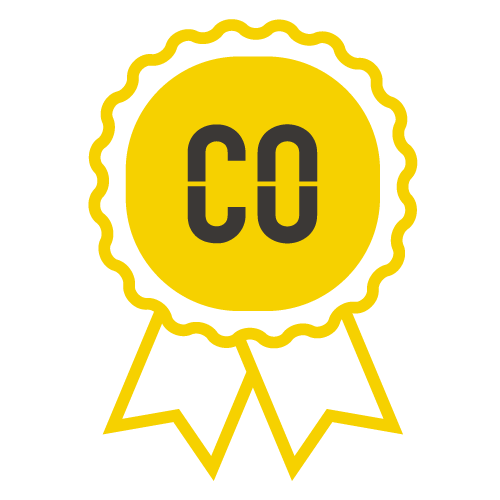
All Team benefits, plus:
*Businesses need to meet DSCH Leadership criteria to gain an award and to exhibit
To access discounts for larger teams, students, or colleges:
PRO Features on DSCH
1. DSCH Content & Training: Expand your expertise

1. DSCH Content & Training: Expand your expertise
2. DSCH Events: Be inspired, find partners
2. DSCH Events: Be inspired, find partners
Access all DSCH PRO virtual events:

3. DSCH Create: Make fashion better
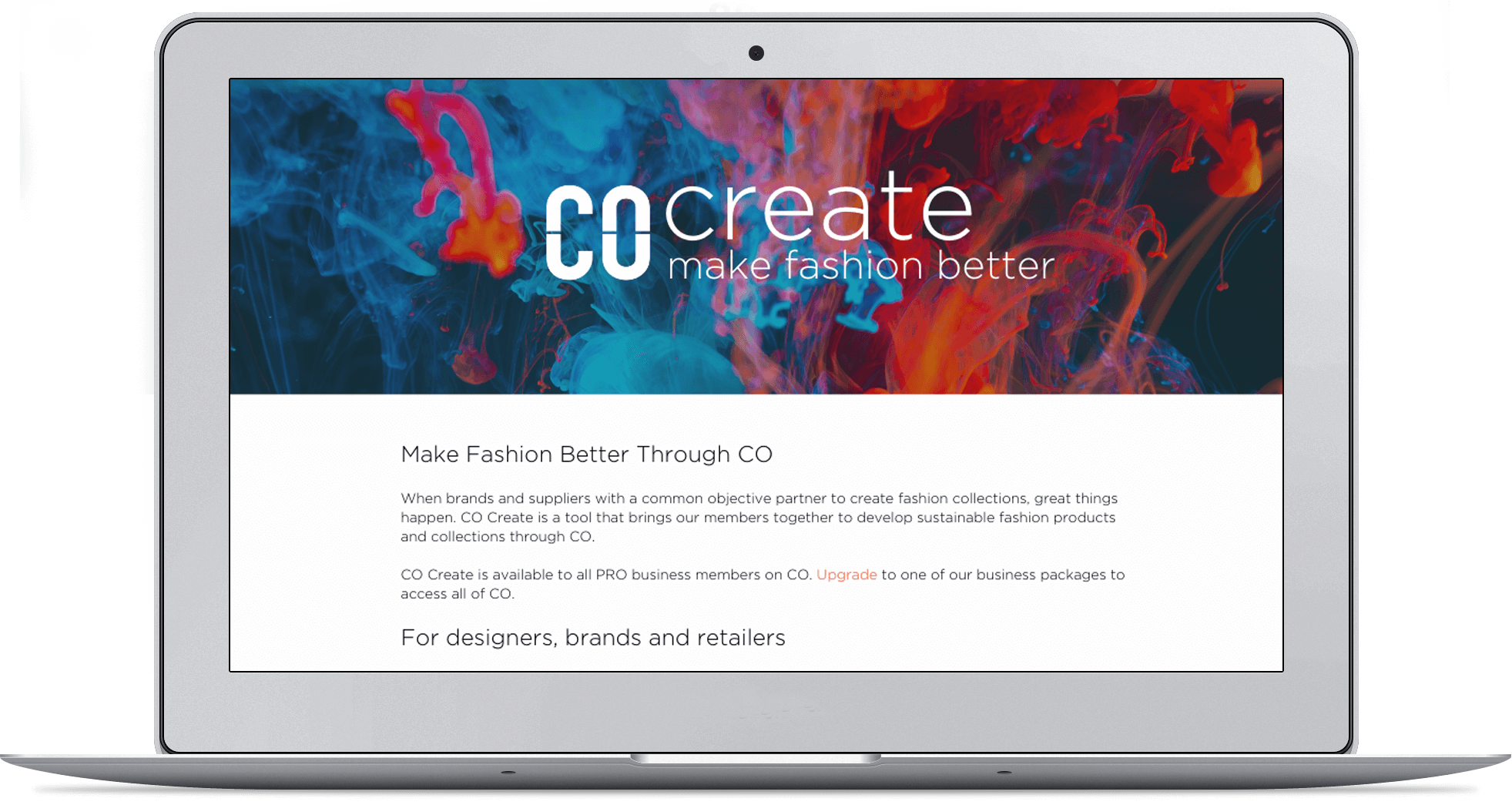
3. DSCH Create: Make fashion better
Access our flagship software, DSCH Create:
4. DSCH Notices: Reach your audience
4. DSCH Notices: Reach your audience
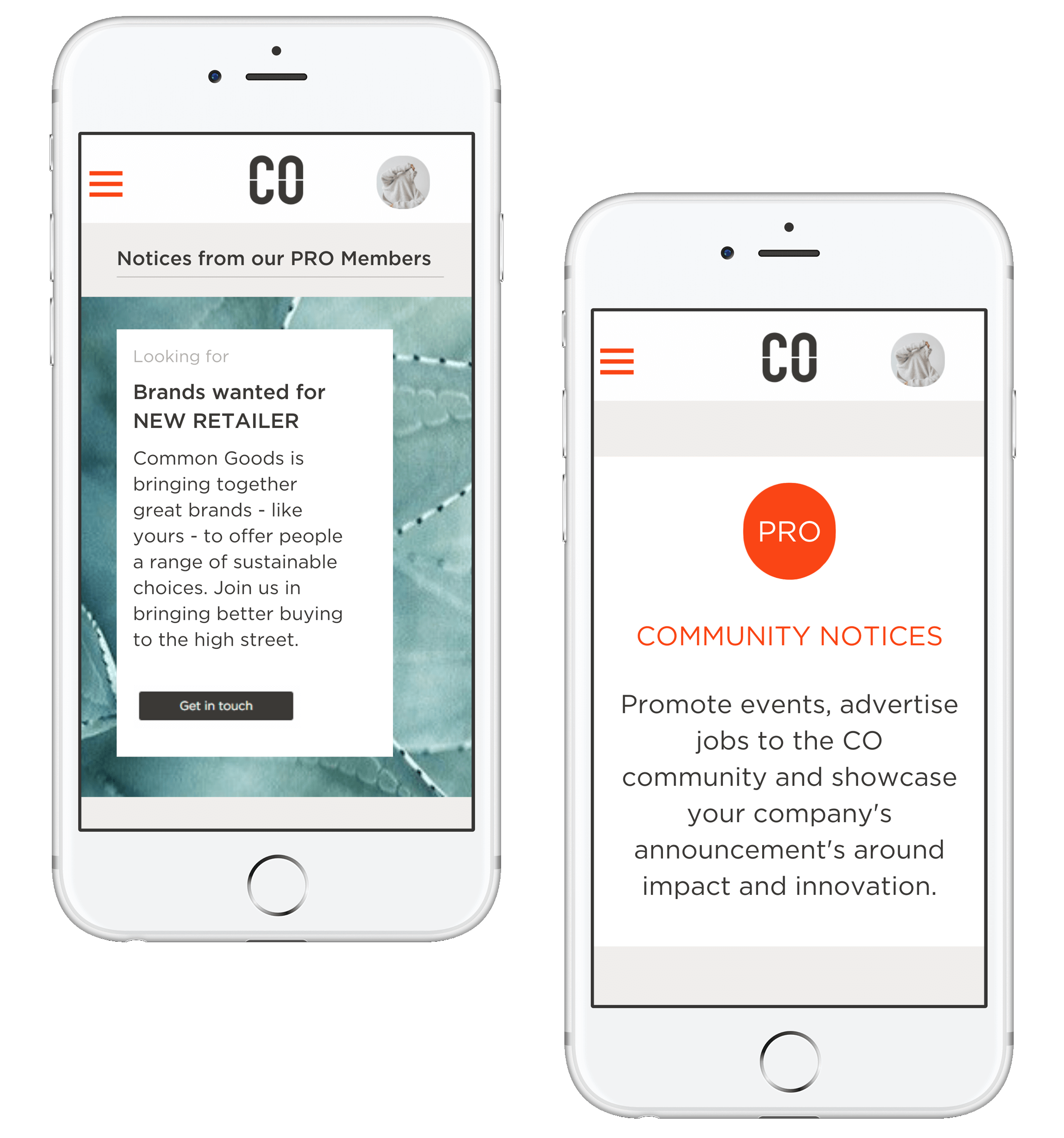
5. DSCH Awards: Achieve Excellence
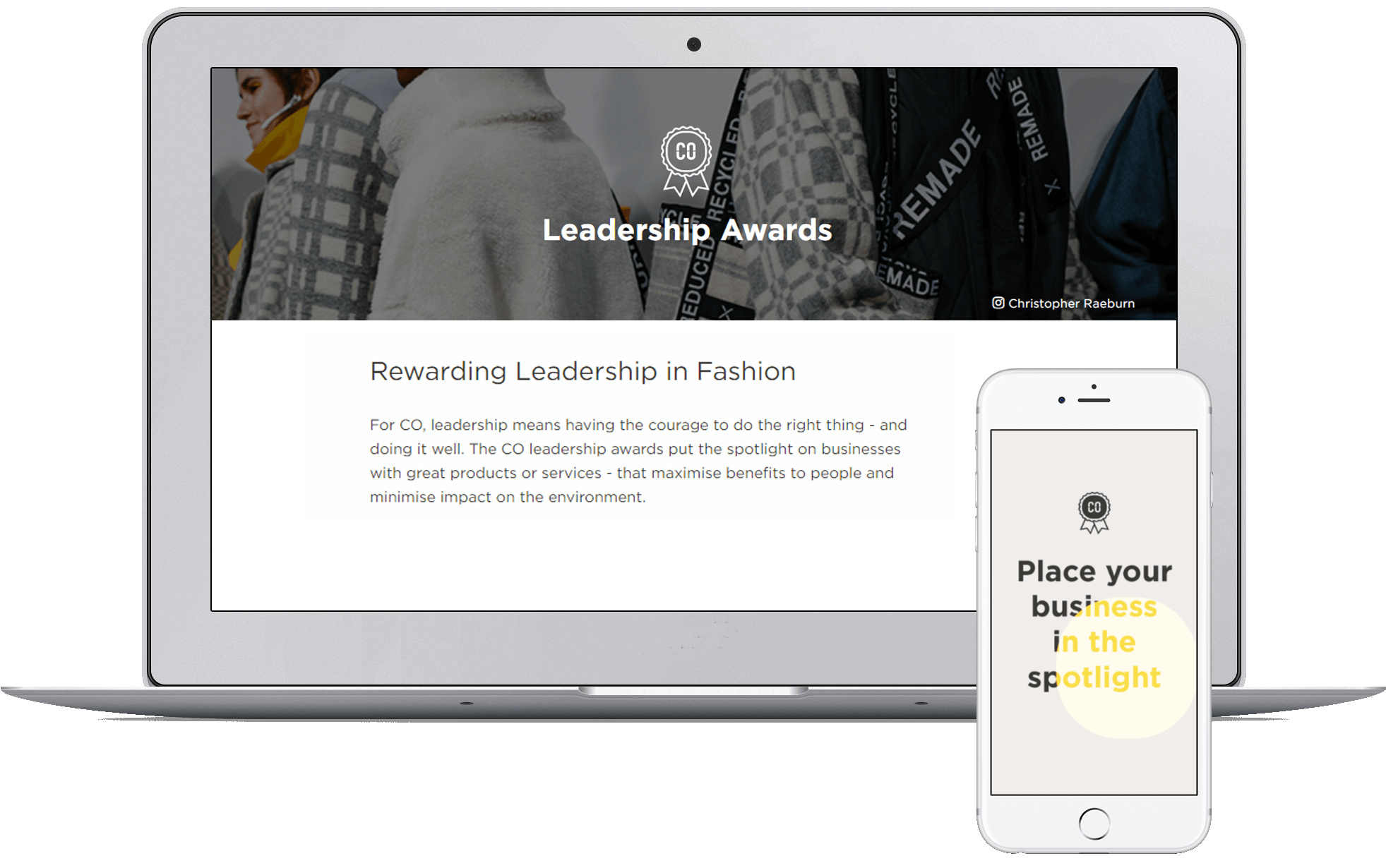
5. DSCH Awards: Achieve Excellence
Associate: If you work in the fashion industry or aspire to do so and want to access DSCH PRO content, training, and events, this is the package for you.
Pioneer: If you have or are a part of a business and would like to reach the DSCH community through notices, or find sourcing or buying partners through DSCH Create, then this is the package for you.
Team: If you would like all the benefits of the pioneer package plus the opportunity for your team to access PRO content, training, events, and DSCH Create, this is the package for you.
Leader: If you would like to increase the sustainability impact of your business and achieve the DSCH Leadership Award standard, this is the membership for you. For suppliers - if you want to exhibit at the virtual DSCH Expo, you need this plan.
Our plans are either monthly or annual - so the minimum time is one month, and you can cancel anytime. If you choose to pay annually, you’ll receive a 15% discount on the price.
Yes you can cancel your membership at any time. Just go to your account and select ‘downgrade’.
Your business profile will revert back to a free version which means only your first 3 portfolio items will remain visible
You can pay for a single membership directly online with any major debit or credit card.
For teams of more than 5, we are happy to offer you a group discount so please contact our team to discuss this and we can arrange a bespoke package.
Please visit our team page - where you can meet our team, connect and message us through DSCH.
Delivered by:

Made Smarter Innovation | Digital Supply Chain Hub is delivered by Digital Catapult, funded by the Made Smarter Innovation challenge at UK Research and Innovation.
Funded BY:

Powered BY:

Part of:
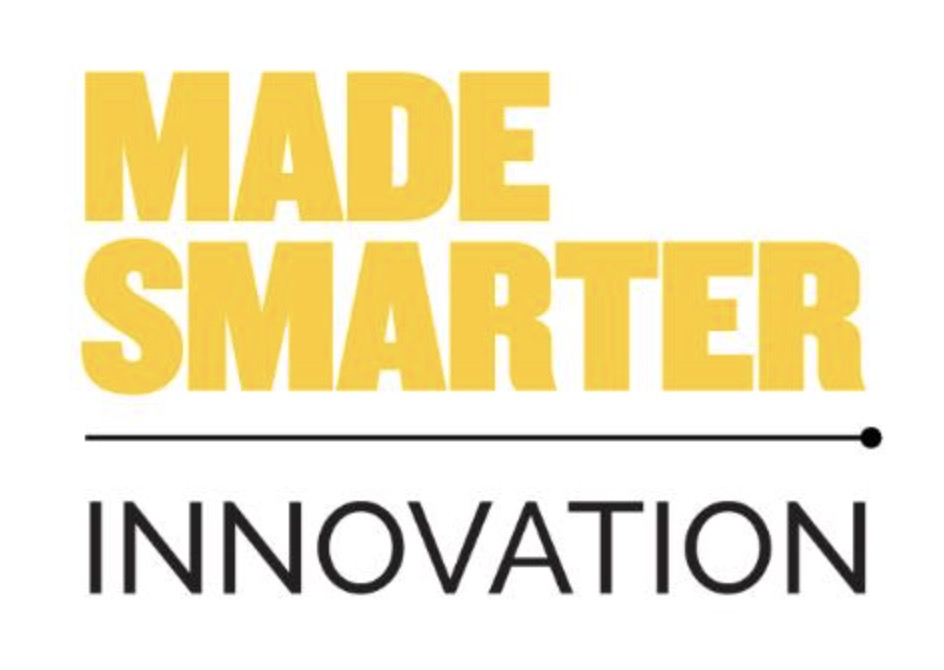
You've been redirected here from the Ethical Fashion Forum website because, as of May 2018, EFF is supporting its network through this new, online platform that helps fashion professionals succeed in the most sustainable way.
On DSCH, you'll be able to find even more great content and connections to help you do fashion better.
Join the community for free today.
Anything missing on this page? Please send us your feedback
Notice
We and selected third parties use cookies or similar technologies for technical purposes and, with your consent, for other purposes as specified in the cookie policy. With respect to advertising, we and 876 selected third parties, may use precise geolocation data, and identification through device scanning in order to store and/or access information on a device and process personal data like your usage data for the following advertising purposes: personalised advertising and content, advertising and content measurement, audience research and services development. You can freely give, deny, or withdraw your consent at any time by accessing the preferences panel. If you give consent, it will be valid only in this domain. Denying consent may make related features unavailable. Use the “Accept” button to consent. Use the “Reject” button to continue without accepting.